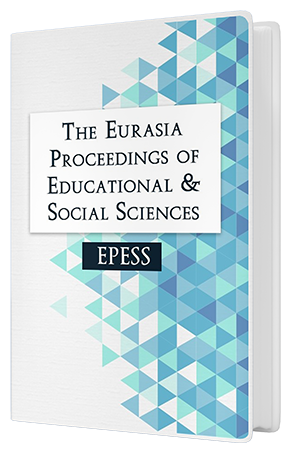DEVELOPMENT OF LEARNING MANAGEMENT SYSTEM (LMS) AS AN EFFORT IN INCREASING LEARNING EFFECTIVENESS AND LEARNING ACTIVITIES OF STUDENTS IN SRIWIJAYA UNIVERSITY
Keywords:
E-learning, LMS, development research, students activities, effectiveness, Integrate : memadukanAbstract
The aim of this research was to develop LMS as an effort in increasing learning effectiveness and learning activities of students in Sriwijaya University. The method used in this research was development research method by applying a model proposed by Hanafin and Peck, with specific phases as analysis of necessities, design, development, and implementation. The subjects of this research were students in Physics Education Study Program in Sriwijaya University, Indonesia. Data collection techniques used in this research were questionaire technique and observation. Validation result frommedia experts showed that mean of total validation score was of 4.41 indicating that our LMS used was absolutely valid. The effectiveness which was analyzed from students responses showed mean of total responses of 71.5% in one-to-one experiment phase, 82.32% in limited experiment phase, and 79.88% in class experiment; indicating that all of students responses was positive. Analysis of observational forms in term of active students learning showed that the total scores of observational forms was of 83.51%, which indicated that students were active in learning activities. We succeeded in developing LMS in Sriwijaya University.Downloads
Published
Issue
Section
License
Copyright (c) 2014 The Eurasia Proceedings of Educational and Social Sciences

This work is licensed under a Creative Commons Attribution-NonCommercial-ShareAlike 4.0 International License.
The articles may be used for research, teaching, and private study purposes. Any substantial or systematic reproduction, redistribution, reselling, loan, sub-licensing, systematic supply, or distribution in any form to anyone is expressly forbidden. Authors alone are responsible for the contents of their articles. The journal owns the copyright of the articles. The publisher shall not be liable for any loss, actions, claims, proceedings, demand, or costs or damages whatsoever or howsoever caused arising directly or indirectly in connection with or arising out of the use of the research material. All authors are requested to disclose any actual or potential conflict of interest including any financial, personal or other relationships with other people or organizations regarding the submitted work.




